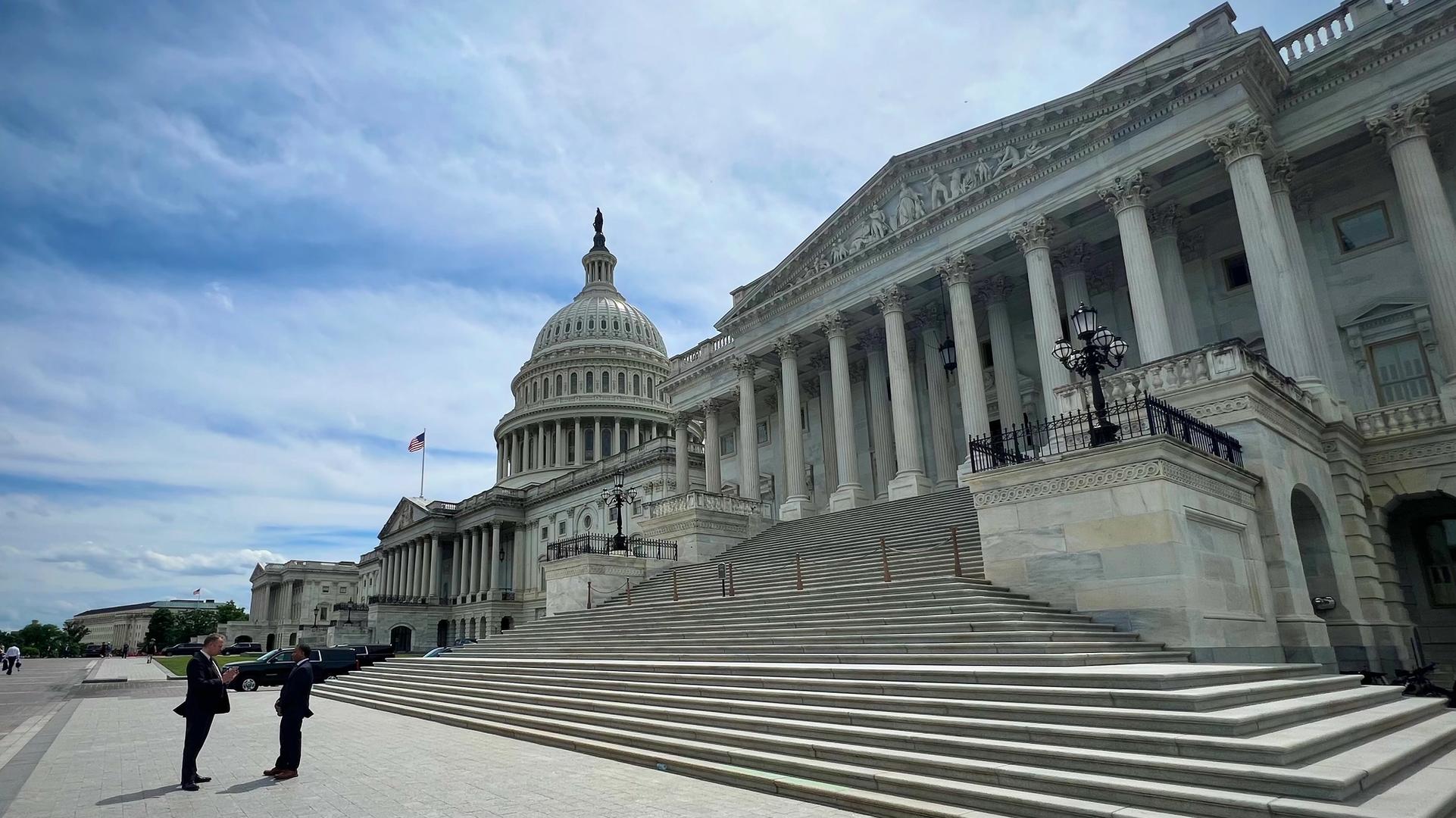
The recent draft of the U.S. Senate’s stablecoin legislation incorporates new changes, which may help Democratic senators rejoin the discussions, although consumer advocates believe it still lacks in essential areas.
Key Points:
- The latest draft of the stablecoin bill avoids reference to President Donald Trump’s dealings in cryptocurrency while addressing the incentives for major tech companies to issue tokens.
- It’s likely for the legislation to return for discussion in the Senate next week.
- There remains criticism from consumer advocates about the bill’s failure to provide adequate protections.
The bill, aimed at creating oversight and regulations for stablecoin issuers, had initially passed the Senate Banking Committee in March with significant bipartisan support. However, it faced opposition on the Senate floor last week, with several Democratic senators voicing concerns regarding potential conflicts related to President Trump’s crypto interests and the implications of allowing tech giants like Meta to issue their tokens.
“As a result of lengthy negotiations, Democrats achieved notable victories on various critical issues,” proponents stated in a summary connected to the bill. However, the main question remains: Will these changes suffice to usher in a vote that could progress the bill to debate?
As early as next week, procedural steps in the Senate may unfold, according to sources close to the ongoing discussions.
Advocacy groups have pointed out major deficiencies in the latest draft. Notably, critics argue that the proposal does not sufficiently prevent the president from profiting from the crypto sector that his administration is tasked with regulating.
The bill includes provisions regarding large tech firms and their potential development of new dollar-backed tokens: “A public corporation not primarily engaged in financial activities may not issue a payment stablecoin without a unanimous approval from the Stablecoin Certification Review Committee,” indicates the latest draft. This proposed committee would be formed by various agencies according to the legislation.
Critics have identified significant loopholes, emphasizing that the bill targets only public corporations while potentially allowing private entities such as Meta and TikTok to circumvent such regulations.
Mark Hays, from Americans for Financial Reform, remarked, “This draft provides vague responses to consumer advocate concerns. The expectation of policy being rushed due to industry pressures creates risks, especially when such regulations could financially benefit the president.”
Bo Hines, a key advisor to Trump on cryptocurrency, stated at a Toronto conference that there are no conflicts regarding the president’s business affiliations in the field, asserting that Trump cannot be swayed by financial incentives. Hines, who acts as a link to legislative discussions, remains optimistic about the ongoing efforts in the Senate. “Negotiations continue, and I firmly believe we will achieve both stablecoin regulation and market structuring before the August break,” he affirmed.


